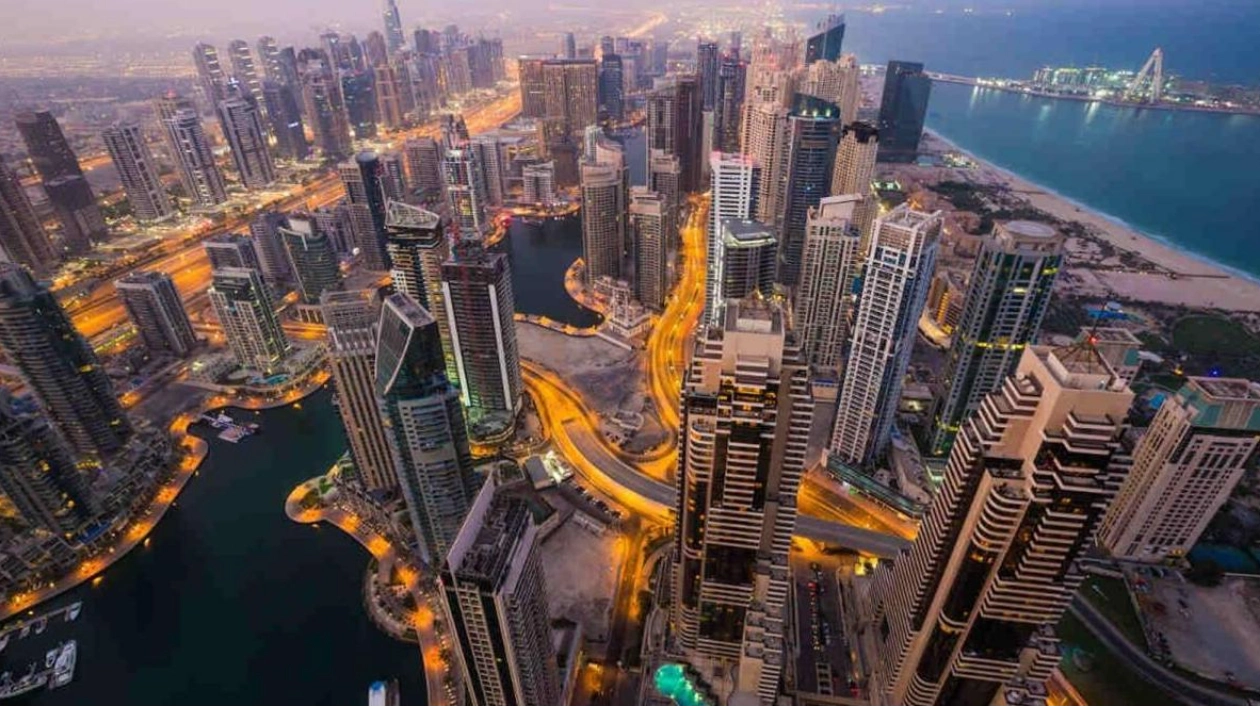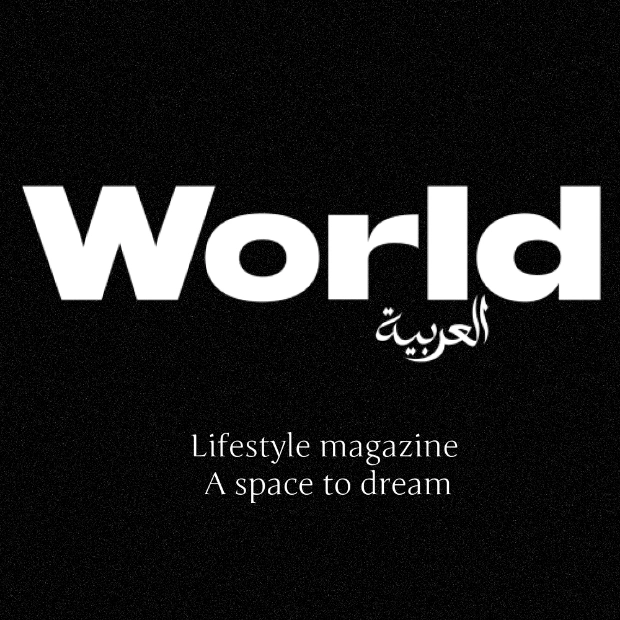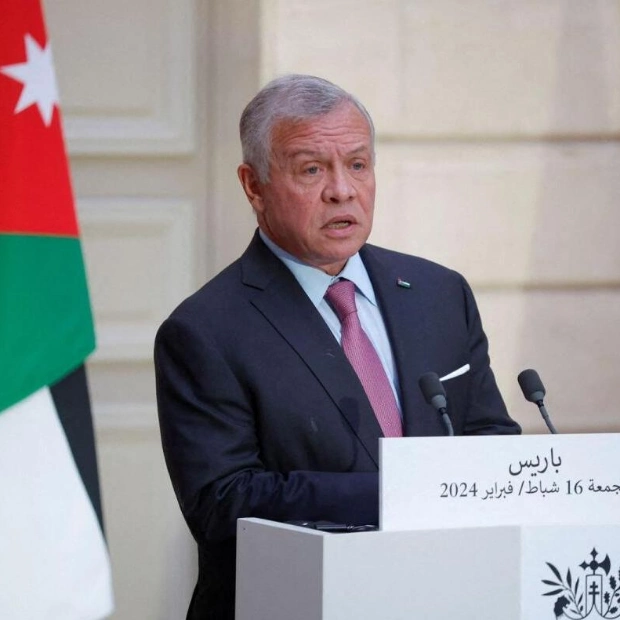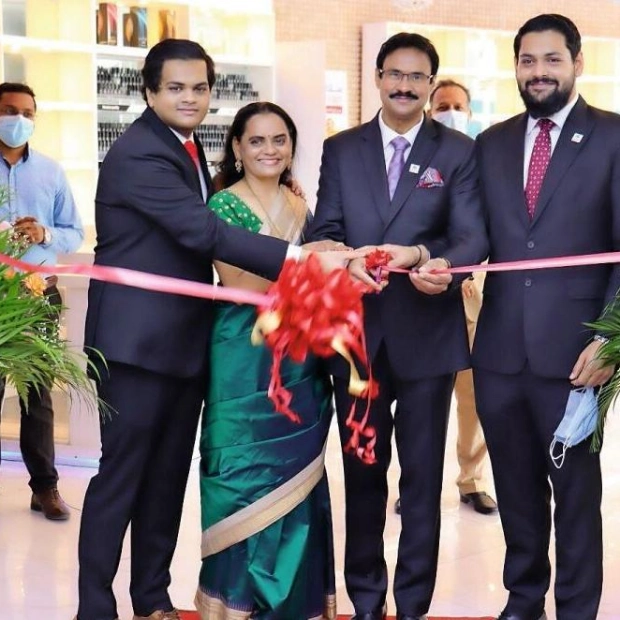The cost of living in the UAE saw an increase during the first half of 2024, despite a significant improvement in its quality of life ranking. According to Numbeo, a global database provider, Dubai's ranking in the cost of living index climbed from 138th at the start of 2024 to 70th by the end of the first half. Similarly, Abu Dhabi's rank advanced from 164th to 75th during the same period. The UAE's inflation has been affected by global factors, particularly due to the importation of numerous consumer products. Petrol prices, which follow global trends, increased from Dh2.71 per litre in January to Dh3.22 in May, before slightly decreasing to Dh3.02 in June. Post-pandemic, rents in the UAE, especially in Dubai and Abu Dhabi, have escalated due to the arrival of foreign professionals and high-net-worth individuals. A Property Monitor report for May 2024 indicated that rental prices in some Dubai communities have more than doubled since the pandemic. Data from the Dubai Land Department revealed that rental registrations by May 2024 totaled 255,178, marking a 5.9% increase from the previous year. Inflation in Dubai, as per the Dubai Statistics Centre, rose from 109.91 in January to 111.34 in May, influenced by increases in housing, utilities, household goods, and transportation costs. To manage basic commodity prices and inflation, the UAE's Ministry of Economy has imposed a price cap on nine essential items, including cooking oils, eggs, dairy, rice, sugar, poultry, legumes, bread, and wheat, requiring retailers to obtain prior approval from the Ministry for price increases.
Quality of life in both emirates experienced a substantial improvement during the first half of 2024, driven by enhanced purchasing power and improved facilities in healthcare, education, and other sectors for citizens and residents. Numbeo ranked Abu Dhabi 17th in the first half of 2024, up from 54th at the beginning of the year, while Dubai improved from 57th to 49th among 178 cities. The World Bank's latest country classification for 2024-24 placed the UAE among high-income countries alongside Canada, Japan, the US, South Korea, Saudi Arabia, West European countries, and Australia. The UAE government has implemented various initiatives, including housing and support measures in healthcare and education, to enhance the quality of life for its citizens and residents. Additionally, programs like job loss insurance have positively impacted employee sentiment in the local market. The UAE also announced mandatory healthcare insurance starting next year, which will significantly improve healthcare services and quality of life in the country. In terms of safety, Abu Dhabi retained its title as the world's safest city, followed by Doha and Dubai.






